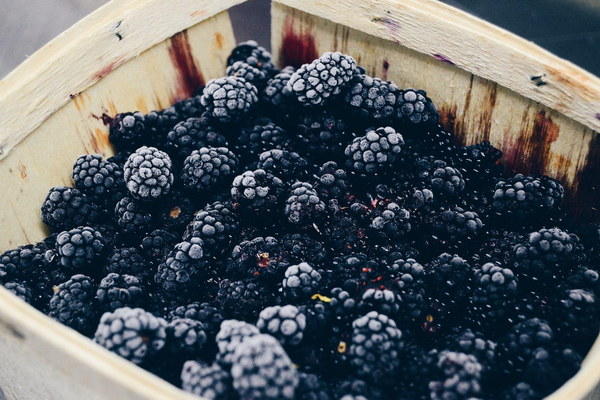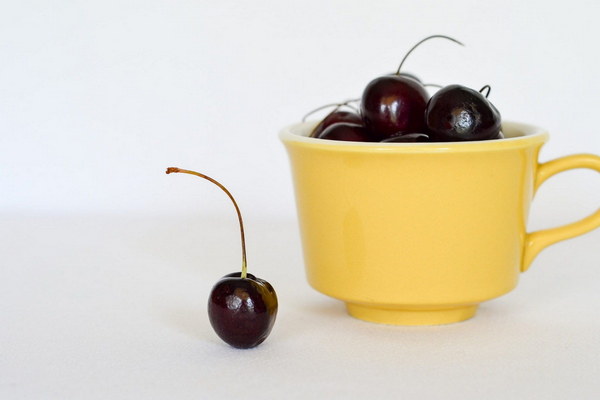Revitalize Your Lungs with MoistureExpelling Herbal Teas A Journey to Wellness
Revitalize Your Lungs with Moisture-Expelling Herbal Teas: A Journey to Wellness
In the pursuit of holistic health and wellness, traditional practices often offer a treasure trove of remedies that have stood the test of time. One such practice is the use of herbal teas to support lung health, particularly in the context of expelling excess moisture. In this article, we delve into the world of moisture-expelling herbal teas and their potential benefits for lung health, offering a guide to natural wellness.
Understanding the Role of Moisture in Lung Health
The lungs are vital organs responsible for the exchange of oxygen and carbon dioxide in the body. They are susceptible to various issues, including the accumulation of excess moisture, which can lead to respiratory discomfort and other related health problems. Moisture can manifest as phlegm or mucus, and when it builds up, it can obstruct the airways, making breathing difficult.
The Science Behind Moisture-Expelling Herbs
Herbalists have long recognized the therapeutic properties of certain plants that can help expel excess moisture from the body. These herbs often contain compounds that have diuretic, expectorant, or demulcent properties, which can aid in clearing the lungs and improving respiratory function.
Top Moisture-Expelling Herbs for Lung Health
1. Thyme (Thymus vulgaris): Known for its expectorant properties, thyme can help thin mucus and clear the airways, making it easier to breathe.
2. Eucalyptus (Eucalyptus globulus): This herb is well-known for its ability to reduce inflammation and expel mucus, making it a popular choice for respiratory issues.
3. Peppermint (Mentha × piperita): Peppermint can act as a natural decongestant and has a soothing effect on the throat, making it a comforting choice for those with respiratory discomfort.
4. Horehound (Marrubium vulgare): Horehound has been used traditionally to expel mucus from the respiratory tract and can help alleviate coughing.
5. Fennel (Foeniculum vulgare): Fennel is not only a flavoring agent but also a diuretic, which can help in reducing excess fluid in the body, potentially alleviating respiratory issues.
Preparing and Enjoying Moisture-Expelling Herbal Teas
To prepare these teas, simply add a teaspoon of dried herb to a cup of boiling water, steep for 10-15 minutes, strain, and drink. It's important to consult with a healthcare professional or a qualified herbalist before starting any new herbal regimen, especially if you have pre-existing health conditions or are taking medication.

The Benefits of Moisture-Expelling Herbal Teas
- Improved Breathing: By reducing mucus and clearing the airways, these teas can help improve overall respiratory function.
- Soothe Irritated Throats: Herbs like peppermint and eucalyptus can provide relief from sore or irritated throats.
- Detoxification: Diuretic herbs can aid in the elimination of toxins and excess fluid from the body, potentially supporting overall health.
- Immune Support: Some herbs, such as thyme, have been shown to have antimicrobial properties, which can support the immune system.
Conclusion
Incorporating moisture-expelling herbal teas into your wellness routine can be a natural and effective way to support lung health. These teas offer a gentle alternative to over-the-counter remedies and can be a refreshing addition to your daily regimen. Whether you're looking to prevent respiratory issues or support your body during a cold or allergy season, these traditional remedies may offer a path to healthier lungs and a more vibrant life. Remember, the journey to wellness is a personal one, and it's important to listen to your body and seek professional advice when needed.









